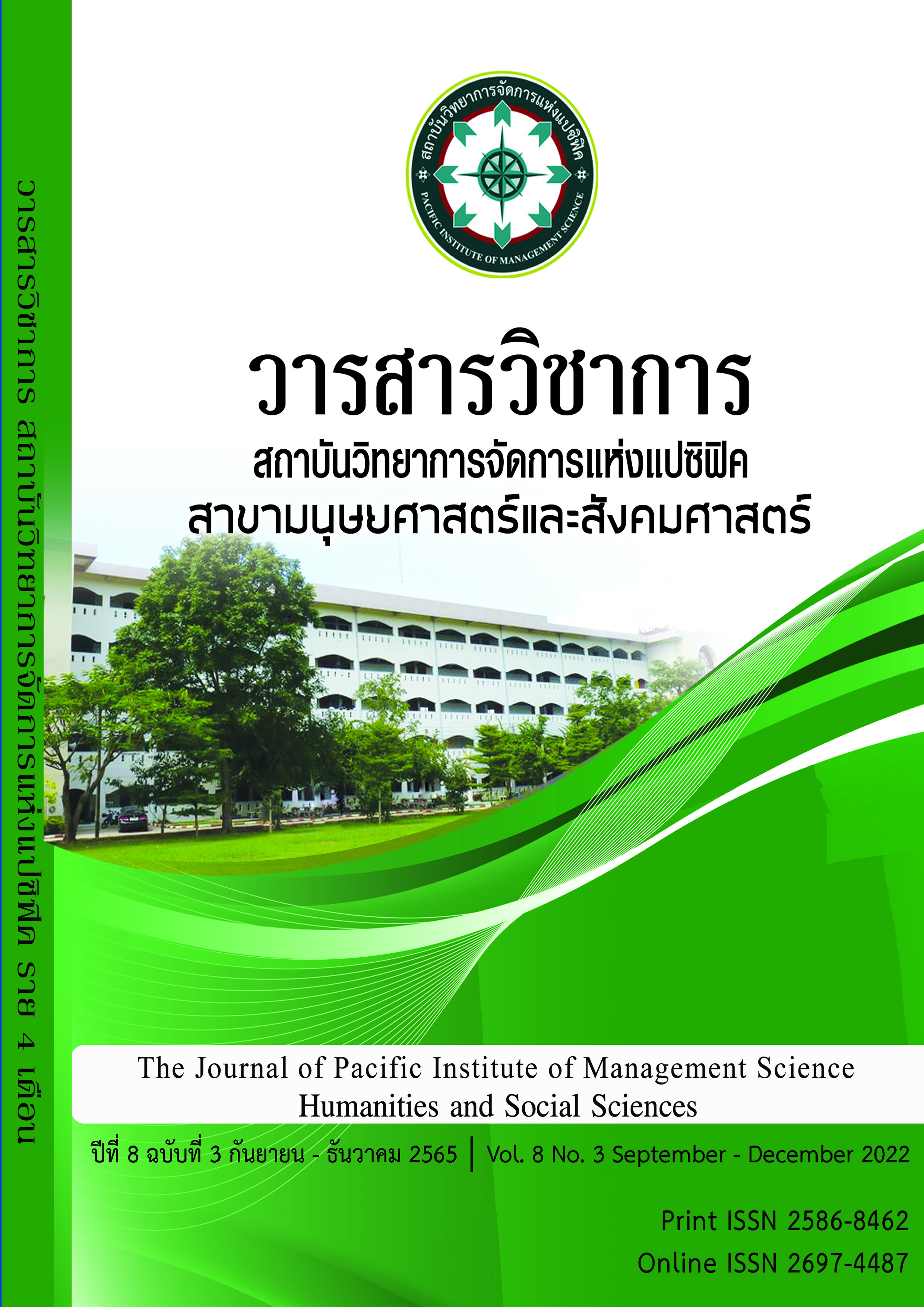A Model of International School Administration in Basic Education in Phuket Province in Accordance with an International Standard
Keywords:
Model, World-class standard in basic education quality managementAbstract
The objectives of this research were 1) study the problems and guidelines of of world-class standard in basic education quality management, 2) to develop world-class standard elementary school quality management model, and 3) to evaluate the developed world class-standard elementary school quality management model. The research was conducted in three steps. Step 1 was to analyze the factors of world-class standard elementary school quality management by studying related documents, interviewing experts, and collecting data from a sample group. Step 2 was to develop the world-class standard elementary school quality management model by way of holding a connoisseurship. Step 3 was to evaluate developed world-class standard elementary school quality management model by collecting the data from directors of the world-class standard schools. The findings were as follows:
1. The analysis of factors of the world-class standard elementary school quality management according to the set criterion resulted in 4 factors as 1) academic administration, 2) budget administration, 3) personnel administration, and 4) general administration.
2. The world-class standard elementary school quality management model consists of 3 parts: as 1) introduction, 2) contents consisting of the world class-standard elementary school quality management factors and quality management process, and 3) success conditions.
3. Evaluation of the developed world-class standard elementary school quality management model revealed that the aspects of correctness and feasibility were at a high level.
References
กระทรวงศึกษาธิการ. (2545). พระราชบัญญัติการศึกษาแห่งชาติ พ.ศ.2542 และที่แก้ไขเพิ่มเติม (ฉบับที่ 2) พ.ศ. 2545.
ดุจดาว ศิริวาลย์. (2555). แนวทางการนำนโยบายโรงเรียนมาตรฐานสากลสู่การปฏิบัติในสถานศึกษาระดับประถมศึกษา สังกัดสำนักงานคณะกรรมการการศึกษาขั้นพื้นฐาน. (ปริญญาดุษฎีบัณฑิต). กรุงเทพฯ: มหาวิทยาลัยเกษตรศาสตร์.
โด่งสยาม โสมาภา. (2557). การวิเคราะห์ปัจจัยและแนวปฏิบัติที่เป็นเลิศในการบริหารจัดการสถานศึกษาเอกชนเพื่อรับรางวัลพระราชทานคุณลักษณะ. วารสารสมาคมนักวิจัย. 21(3): 101-121.
ตะวัน สื่อกระแส. (2555). ยุทธศาสตร์การบริหารจัดการโรงเรียนเอกชนสู่ความเป็นเลิศ. (ปริญญาดุษฎีบัณฑิต). เชียงใหม่ : มหาวิทยาลัยราชภัฏเชียงใหม่.
ปาณิสรา สิงหพงษ์. (2555). การบริหารตามแนวทางรางวัลคุณภาพแห่งชาติที่มีผลต่อการเป็นโรงเรียนมาตรฐานสากล ในสำนักงานเขตพื้นที่ศึกษามัธยม เขต 4 จังหวัดปทุมธานี. (ปริญญามหาบัณฑิต). กรุงเทพฯ : มหาวิทยาลัยเทคโนโลยีราชมงคลธัญบุรี.
วิลัยพรณ์ เสรีวัฒน์. (2555). การประเมินเชิงระบบโครงการโรงเรียนมาตรฐานสากล (World Class Standard School). (ปริญญาดุษฎีบัณฑิต). ขอนแก่น : มหาวิทยาลัยขอนแก่น.
สำนักงานคณะกรรมการพัฒนาการเศรษฐกิจและสังคมแห่งชาติ. (2559). แผนพัฒนาเศรษฐกิจและสังคมแห่งชาติ ฉบับที่ 12 (พ.ศ.2560 – 2564). กรุงเทพฯ : สำนักงานคณะกรรมการการศึกษาแห่งชาติ.
European Mentoring & Coaching Concil. (2015). About the European Quality Award (EQA). Retrieved Nov. 5, 2020, from http://www.emccouncil.org/eu/en/accreditation/eqa
Downloads
Published
Issue
Section
License
Copyright (c) 2022 Pacific Institute of Management Science

This work is licensed under a Creative Commons Attribution-NonCommercial-NoDerivatives 4.0 International License.
บทความที่ได้รับการตีพิมพ์เป็นลิขสิทธิ์ของ สถาบันวิทยาการจัดการแห่งแปซิฟิค
ข้อความที่ปรากฏในบทความแต่ละเรื่องในวารสารวิชาการเล่มนี้เป็นความคิดเห็นส่วนตัวของผู้เขียนแต่ละท่านไม่เกี่ยวข้องกับสถาบันวิทยาการจัดการแห่งแปซิฟิค และคณาจารย์ท่านอื่นๆในสถาบันฯ แต่อย่างใด ความรับผิดชอบองค์ประกอบทั้งหมดของบทความแต่ละเรื่องเป็นของผู้เขียนแต่ละท่าน หากมีความผิดพลาดใดๆ ผู้เขียนแต่ละท่านจะรับผิดชอบบทความของตนเองแต่ผู้เดียว







